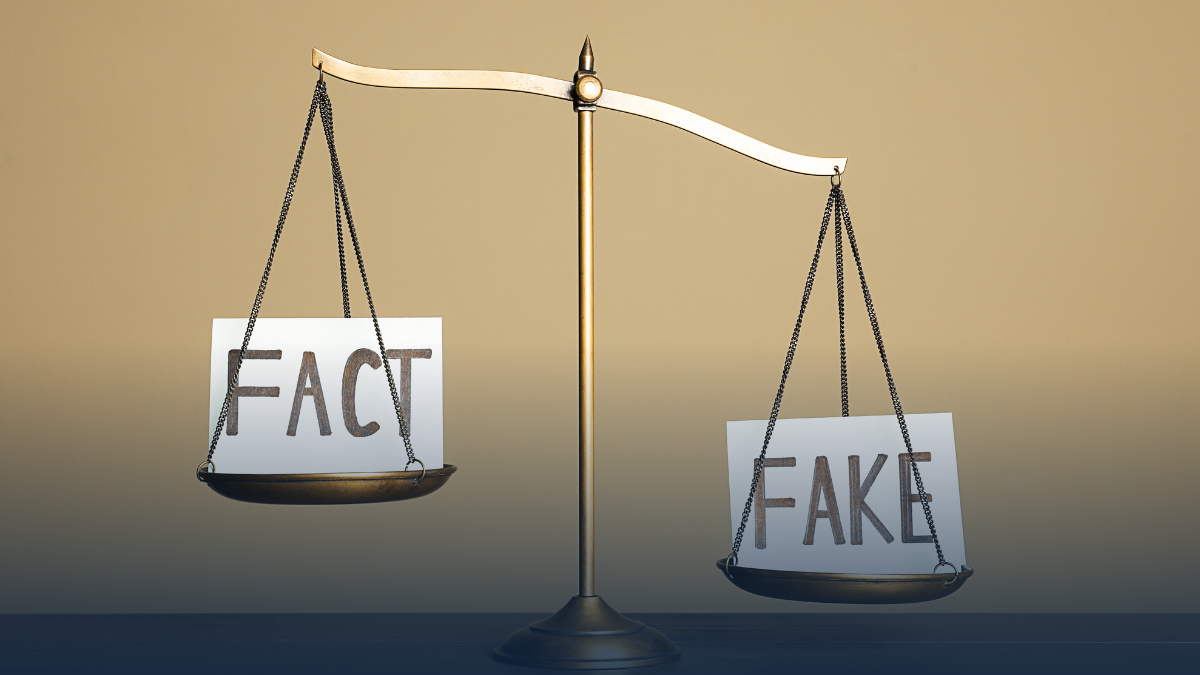10.06.2025
Inside the Faculty
How to Fight Against Fake News and Disinformation
In the digital age, false information spreads faster than ever. Algorithm-driven feeds, sensationalist content, and deepfakes have made disinformation a major global challenge. Its impact goes far beyond mere confusion — it weakens democracy, disrupts markets, and erodes trust in institutions.
Research by Patrick Haack, Professor of Strategy and Responsible Management, shows that fake news influences our judgment more than we might think. Even when we know a piece of information is false, simply perceiving that others believe it can change our own behavior. This is known as second-order judgment — a powerful bias that can fuel social panics, such as a massive bank run triggered by an unfounded rumor.
Meanwhile, an AI tool developed by Professor Liudmila Zavolokina, an expert in information systems and digital innovation, can detect online media manipulation in real time. While this tool can enhance critical thinking in the face of disinformation, its effects are short-lived without active learning — underlining the importance of teaching individuals to analyze information independently.
Learn more: How to Fight Fake News and Disinformation



